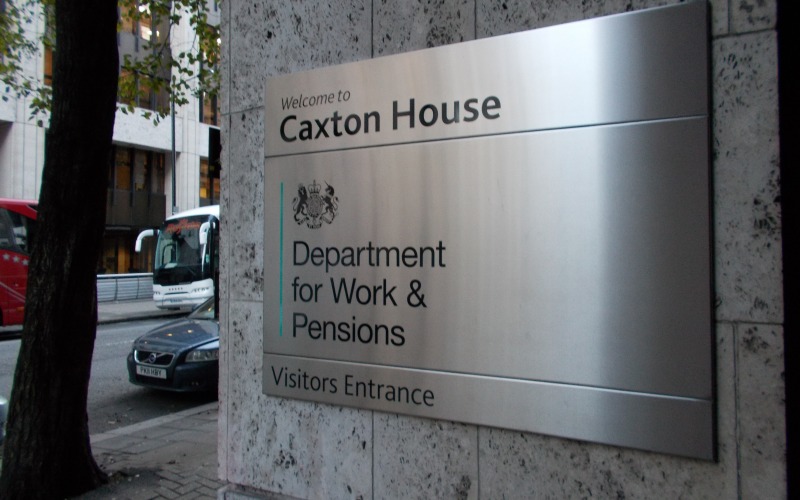Government proposals that some groups of disabled people should have their benefits cut if they refuse treatment have been branded “ethically unacceptable” and “sheer bullying”.
The Conservative pledge to carry out a review into the proposals was treated with shock and anger when it was announced before the election, with disabled activists branding the plans “wild, stupid and dangerous”.
The review was launched this week by Professor Dame Carol Black, who will consider the case for “linking benefit entitlements to accepting appropriate treatment or support”.
The review document mentions two disability benefits by name, employment and support allowance and disability living allowance.
The terms of reference say her review will “consider how best to support those suffering from long-term yet treatable conditions back into work or to remain in work”, and will “primarily” consider those with problems with obesity, alcohol addiction and drug addiction.
But it is still not clear whether Dame Carol will also examine the possibility of sanctioning people with other long-term health conditions, such as mental illness, if they refuse treatment.
During the election campaign, the minister for disabled people, Mark Harper, hinted during a debate broadcast on local radio that people with mental health conditions could be among those facing sanctions for refusing treatment.
He told the debate: “The most beneficial thing we can do though is to deal with the disability that they have got and particularly with those people with mental health problems, most of which are treatable, is to get the support in place so they can get back to work, which is what most of them want to do.”
The key concerns about the review focus on question seven in Dame Carol’s consultation document, which asks: “What are the legal, ethical and other implications of linking benefit entitlements to take up of appropriate treatment or support?”
There was criticism of the review from members posting on the Mental Health Forum this week, some of whom appeared to assume that it would cover mental ill-health.
One, “cpuusage”, said: “There’s little to nothing aimed at/available for genuine/proper treatment for these issues – long term/severe mental health & addiction – other than a label & drugs. The whole thing is a joke.”
Another, “Stray”, said the review made them “furious” because of the lack of treatment available to deal with the obesity “epidemic”, and added: “All we see is a parade of fat bellies, no services, helplines or patches for this.
“I’m asking for treatment that barely exists and is hard to access. We don’t have these problems to avoid work, to feel this bad for this long, there are complex reasons for these things and often co-morbid conditions.”
A third member of the forum, “neorealism”, said: “I would hope this wouldn’t apply to mentally ill people, for me medication has never worked and I wouldn’t get back on medication even if threatened by a benefit cut to make me even further unwell.”
Black Triangle, the grassroots, user-led campaigning network, said on Twitter that DWP’s “attack on obese people is sheer bullying and scapegoating with no empirical evidence base”.
And the disabled Guardian columnist and author Clare Allan, pointed to the strong correlation between “adverse childhood experiences, such as sexual, physical or emotional abuse, and adult drug and alcohol problems”.
She added: “These proposals will do nothing whatever to help such individuals. Indeed, in corrupting and undermining relationships between service users and professionals they can only make recovery harder.”
Dr Sarah Wollaston, the Tory MP and former GP who chairs the Commons health select committee, told the BBC that such a policy “would probably be illegal”.
She said it was a “fundamental principle of medical consent that it should be informed and freely given”.
She said that this kind of “coercion for consent” was “ethically unacceptable”, and added: “I think it would be very difficult for any doctor to take part in treating a patient without valid consent and this would invalidate their consent if it was linked to conditionality with benefits.
“Also, it would not be effective… we know that coerced treatments tend not to work.”

 Second coroner links universal credit flaws with death of a claimant
Second coroner links universal credit flaws with death of a claimant Anger over Labour’s ‘shameful’ silence on universal credit’s ‘deadly faults’
Anger over Labour’s ‘shameful’ silence on universal credit’s ‘deadly faults’ Protesters highlight DWP’s ‘terrifying’ plans for work capability assessment
Protesters highlight DWP’s ‘terrifying’ plans for work capability assessment